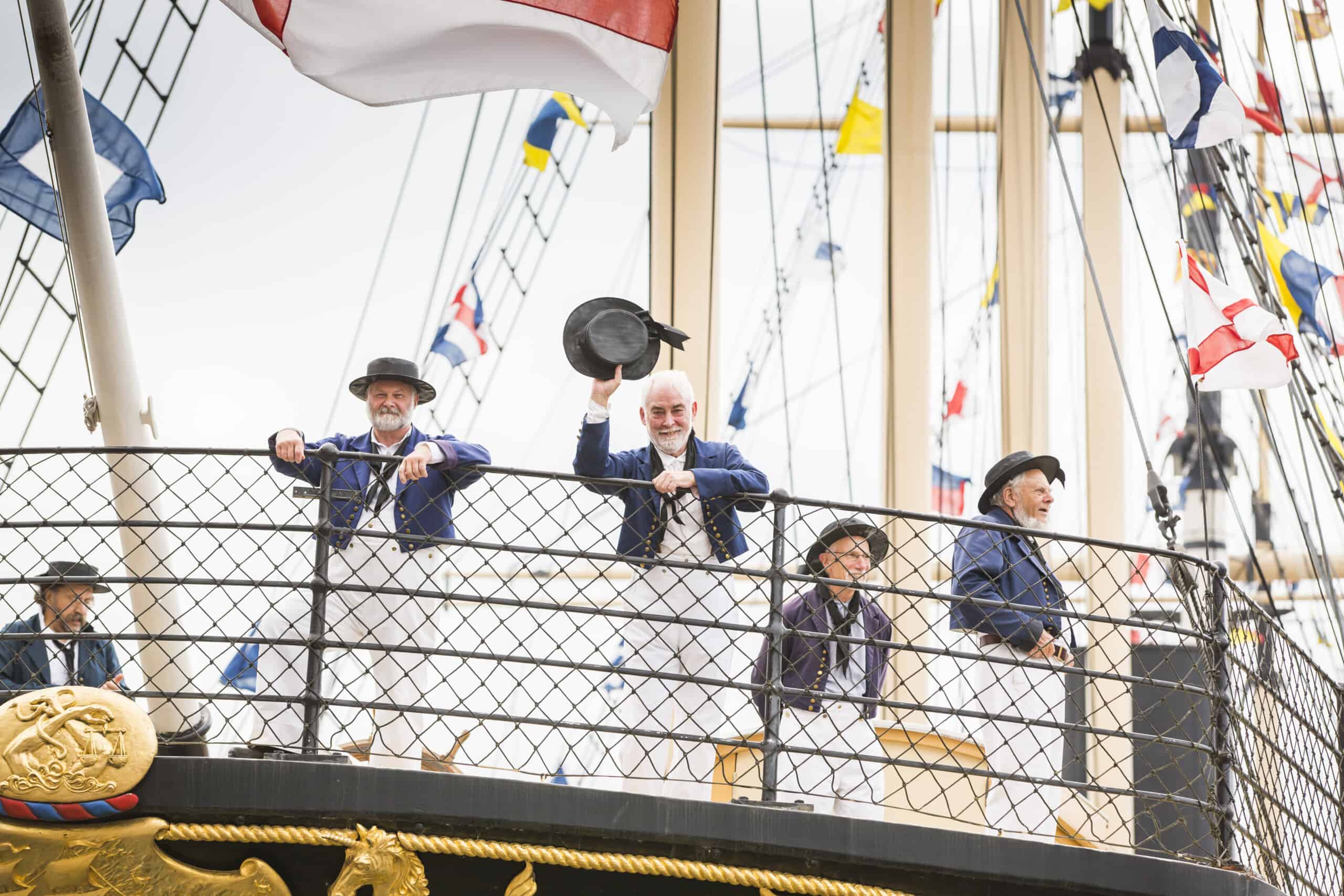Although the standard of living was, in general, higher on the ss Great Britain than on other ships in the late nineteenth century, a sailor’s life was still a very tough and thankless one; pay was meagre, illness rife and the work challenging.
It is suggested that what drove men to sign up to such a life was the promise of adventure, escapism and a passion for the sea.
A ship like the ss Great Britain could take a sailor far from any problems at home and transport them to exotic places they would otherwise only dream of seeing.
Such adventurous employment came with a short shelf-life. Sailors would rarely stay in active employment beyond their mid to late thirties and with such low wages, retirement was a bleak prospect.
Charities were set-up to help out-of-work sailors but even so, they faced an impoverished existence.
For some, the cramped living quarters, bland food and threat of rheumatism were the necessary evils of forging a passage to Australia.
A few would risk the penalties if caught to disappear from the ship in search of goldfields and a risky but potentially fruitful retirement.
However, many sailors appreciated that the better pay and camaraderie on the ss Great Britain made her one of the best ships of her day to work for, as testified by the fact that many sailors signed for several voyages.
For our very own Captain John Gray, surviving the hardships on board led to a glowing promotion, but you had to be willing to risk illness, injury, and stick out the bad pork and hard biscuits for the hope of such a reward.
So, would it have been a sailor’s life for you?



